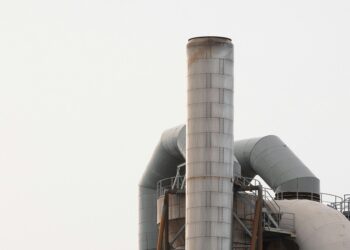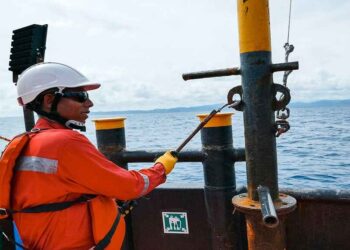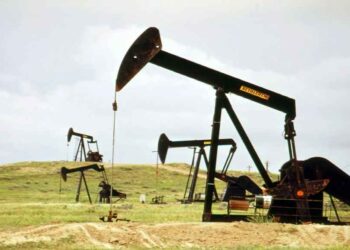Reducing greenhouse gas emissions by close to 350 million tons a year — that’s the impressive change being driven by the World Bank through its Zero Routine Flaring by 2030 initiative. “It’s a huge amount,†explains Anita George, Senior Director of the Energy and Extractive Industries practice of the World Bank Group, “equivalent to the emissions of 77 million cars.â€
Total, a wholehearted backer of the initiative, was the first company to join up when it was introduced in 2014. A year later, we were one of the GGFR* partners singled out for recognition at the global forum held in Russia on September 9, as our Nigerian E&P affiliate recently received an award for phasing out flaring on the offshore Ofon field. The associated gas is now compressed and exported to the onshore Nigeria LNG plant, a move that has cut the amount of gas flared in our exploration and production operations by 10%.
Today, the World Bank can count on Total to rally other leading international oil companies to its initiative. But that doesn’t lessen the scale of the challenge. Reusing associated gas instead of flaring it requires, among other things, developing distribution networks in countries that do not have them. The GGFR Partnership offers a forum conducive to the necessary collaboration between governments and the private sector to reduce flaring.


















































